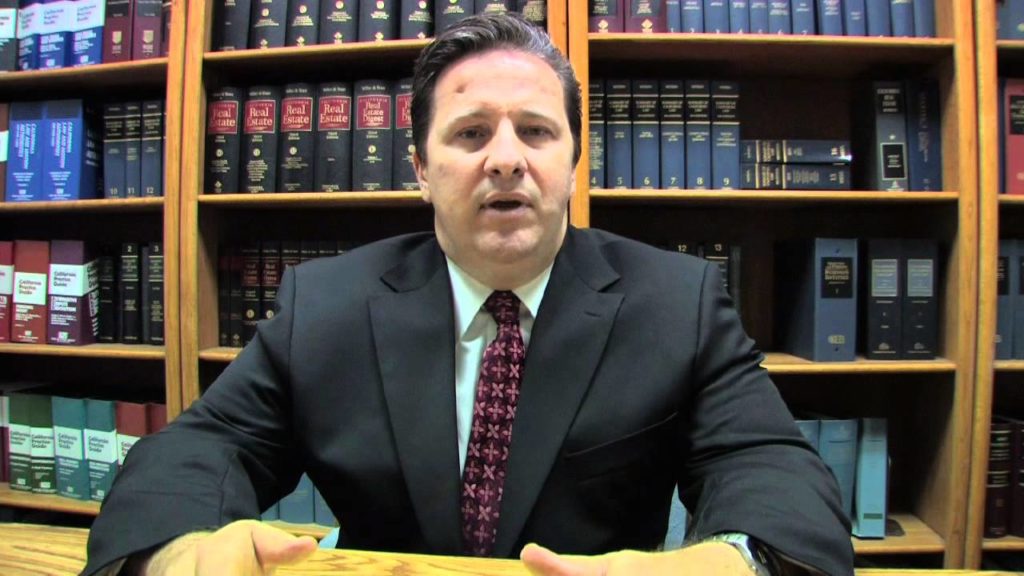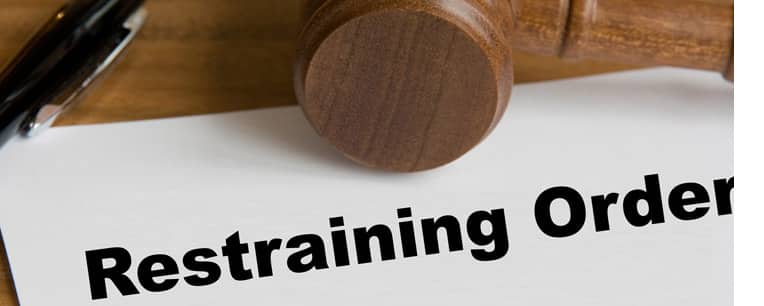COVID-19 has turned lives upside down. Families all over the country are struggling as unemployment rises, jobs are gradually resuming operations, and families work to gain a semblance of their previous daily lifestyle. For many, the impact that COVID-19 has had on their lifestyle has been substantial, but ultimately it has taken a toll on […]
Housing Contract Terms to Consider During COVID-19
The COVID-19 pandemic has led to an unprecedented time of uncertainty, especially in terms of housing contracts. Unemployment rates have sky-rocketed, universities are moving their classes online and encouraging students to learn from home, and housing contracts are in the spotlight unlike ever before. In some states, including California, a moratorium on evictions has been […]
How COVID-19 Regulations Affect Real Estate Law
COVID-19 has had a huge impact around the world, affecting and disrupting a wide range of industries. The real estate sector is no exception. The pandemic has resulted in uncertainty for buyers, sellers, landlords, tenants, contractors, and more. This article will list some of the ways the real estate industry is being disrupted and real […]
When to Call a Personal Injury Attorney
It’s just a fact of life that people suffer injuries on a daily basis, and more often than not through no fault of their own. When bodily harm is caused by a negligent or willfully violent third party, the victim may be entitled to compensation, which can be awarded through a personal injury lawsuit. Unfortunately, […]
What is a Force Majeure Clause?
COVID-19 has wrought havoc on businesses and supply chains as organizations worldwide have slowed to a halt. With everyone staying indoors to stop the spread of the virus, many businesses have been left without customers to sell to and means to operate—or means to follow through on business agreements. This worldwide crisis is widespread, unforeseen, […]
Ways to Resolve a Legal Dispute: Mediation, Arbitration, & Litigation
Court battles have the unfortunate reputation of being long, arduous, and expensive. But they don’t have to be. Even though some people would rather pull their teeth out than go through a legal dispute, the decision to get involved is sometimes out of your control. But the good news is that there are ways to […]
New Laws In 2019 For Real Estate Disclosures In California
Assembly Bill (AB) 1289 recently made several changes to real estate disclosure requirements. These changes are effective January 1, 2019. One decidedly positive change the new law has made is to move legislative language away from the more antiquated terms, “selling agent” and “listing agent” in favor of the clearer and more universally recognized “buyer’s agent” and […]
The Definitive Guide to Mechanic’s Liens in California
Despite its name, a mechanic’s lien is generally utilized by any supplier, contractor, laborer, and/or subcontractor. If you worked on someone’s home, for instance, and were not paid, you can then file a mechanic’s lien. This is essentially a “hold” against the business, commercial, or homeowner’s property. Although this can result in foreclosure if […]
Restrictions On Commercial Speech Regarding Alcoholic Beverages To Be Reconsidered Under Strict Judicial Scrutiny In Light Of First Amendment.
During the early 1900s, manufacturers and wholesalers of alcoholic beverages “tied” retailers to them by providing them with loans, reduced rents, free equipment and other means. Such “tied-house” arrangements caused a vast growth of the number of saloons and bars, resulting in various social evils.
Trial Court Erred In Refusing To Issue Domestic Violence Restraining Order.
The trial court declined to issue a domestic violence restraining order for two reasons. First, it determined that mental abuse was insufficient, and, second, that past physical abuse was insufficient. The court of Appeal reversed. With regard to mental abuse, the appellate court stated: “In this case, the testimony that the trial court did permit […]
- « Previous Page
- 1
- …
- 4
- 5
- 6
- 7
- 8
- …
- 164
- Next Page »









